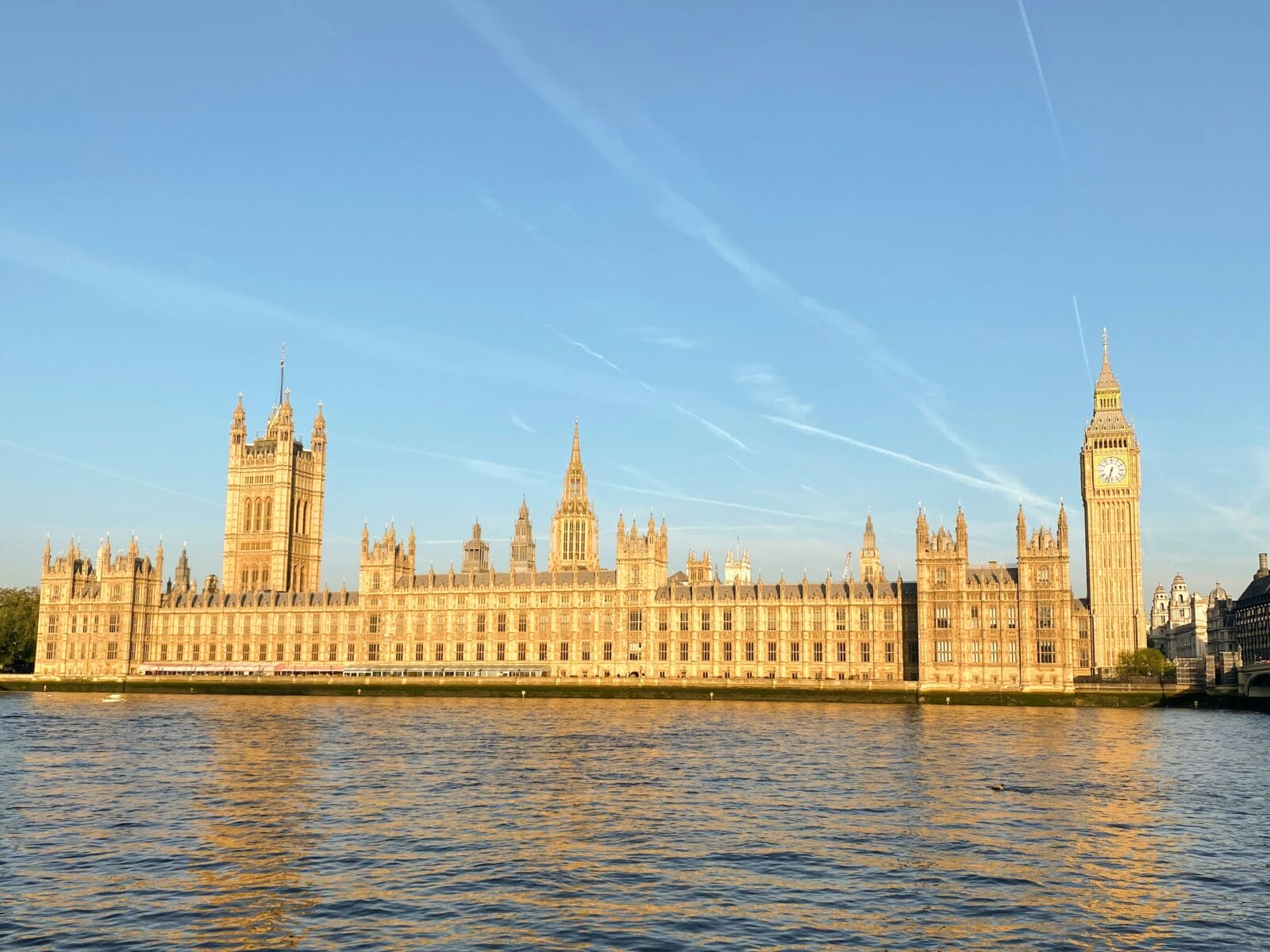King Charles will deliver the King’s Speech tomorrow, Wednesday 17 July, as part of the State Opening of Parliament. It will set out the new Labour government’s legislative agenda for the next Parliament.
As part of the government’s growth agenda, the King’s Speech could also include legislation to drive forward consolidation in both defined benefit and defined contribution schemes as Rachel Vahey, head of public policy at AJ Bell, explains in her analysis below:
“The new Labour government has made it plain that growth in the UK economy is their number one priority, and they are designing their legislative agenda around achieving this aim.
“It has made no secret of the fact it wants to harness the investment power of UK pension funds to push growth in UK Plc. Efforts now are focused on making this ambition a reality. The government will be casting an eye over the thousands of pensions schemes in the UK with the aim of consolidating them into larger more powerful schemes, hoping to unlock their investment potential.
“But whilst harnessing investment in UK pension schemes may offer significant potential benefits, the government should not lose sight of the individual pension saver. Over 11 million people have now been automatically enrolled into pension schemes since 2012, most of them into defined contribution schemes.
“Forcing schemes to invest in UK Plc means exposing these savers to greater investment risk – risk many of them would be uncomfortable taking on. Pension scheme trustees need to bear this in mind. Their responsibility is to protect their members from harm and get the best investment returns they can for them, even if this is not aligned with government ambitions.”
What could be in the King’s Speech?
The King’s Speech setting out the next Parliament’s legislative agenda will pick up the key themes of Labour’s manifesto and election campaigning.
It is expected to cover a wide range of different areas and introduce around 35 new bills of legislation.
The headline of this packed legislative agenda is reforms to England’s housing planning system and introduction of mandatory housing targets. But it will also include legislation to set up GB Energy, a new state-owned energy company to be based in Scotland, as well as legislation to set up a National Wealth Fund. It is expected the fund will invest in infrastructure and green industry and will be set up with a government investment of £7.3 billion, which it hopes will then bring together key institutions and offer a compelling proposition for private investors as well, aiming to attract around £20 billion.
The Labour manifesto also promised legislation to help HMRC tackle tax avoidance. It wants to modernise HMRC by increasing registration and reporting requirements, investing in new technology and, importantly, strengthening HMRC’s powers to make sure they can clamp down on problem areas. Together with closing ‘non-dom’ loopholes, Labour hopes these measures will raise over £5.2 billion.
Labour’s pension review
Labour made it clear – both in their manifesto and their ‘Plan for Growth’ document published in January – they would undertake a review of pensions, with the aim of improving outcomes and encouraging greater levels of investment in UK Plc.
According to Labour, at the turn of the century, UK pension funds and insurers held 39% of shares listed on the London Stock Exchange. By 2020, they held just 4%. In the US, pension schemes hold 50% of their assets in equities, compared to 27% in the UK. Staggeringly, a single investment of £300 million by the Canadian Pension Plan into a UK company exceeded the total amount of all UK pension investment in private equity and growth capital in the same year*.
The latter will likely mean a continuation of the ‘Mansion House’ agenda started by the previous government, which has placed a particular focus on boosting private equity holdings in occupational pension schemes.
This could mean establishing the Pension Protection Fund (PPF) as a consolidator of defined benefit schemes that are ‘unattractive’ to commercial providers, as well as extending the ‘Mansion House Compact’ which did a deal with the largest UK mastertrusts to invest 5% of default fund assets in UK private equities by 2030.
Clearly any shift in asset allocation by these schemes will need to be done in a way that doesn’t harm member interests but, given the amount of money held in these schemes and in defined benefit schemes in particular, even relatively small changes could make a sizeable difference to the UK economy.
A review could go wider than this brief though. The government may take this opportunity to implement changes to lower the automatic enrolment age to 18 and start counting pension contributions from the first pound of salary. It could even start thinking about the question of pension adequacy and how to scale up minimum contribution rates beyond the current level of 8% of qualifying earnings.
Pensions taxation may also fall under the spotlight. While the current regime of allowances is ripe for simplification, it is crucial any reforms in this area are focused on the long term and encouraging more people to save and invest for their future. The decision by Labour to ditch plans to reintroduce the pensions lifetime allowance, a reform that would have added complexity and discouraged investment risk, is hopefully a positive indication that Labour will take a pragmatic approach in power. Given people saving in a pension are often committing to lock their money up for decades, some stability in pensions policy, particularly around the tax rules and limits, would be welcome.
*Source: Financing Growth: Labour’s Plan for Financial Services





![[uns] house of commons, parliament](https://ifamagazine.com/wp-content/uploads/wordpress-popular-posts/788182-featured-300x200.webp)









